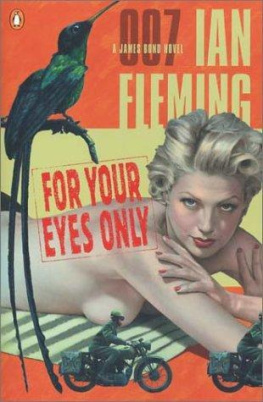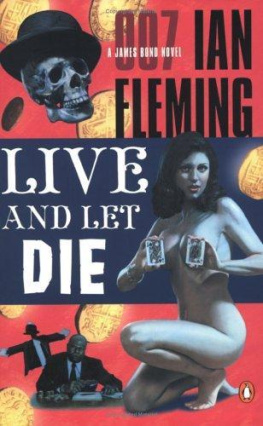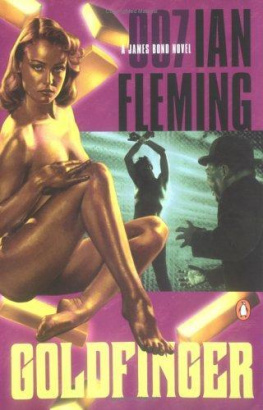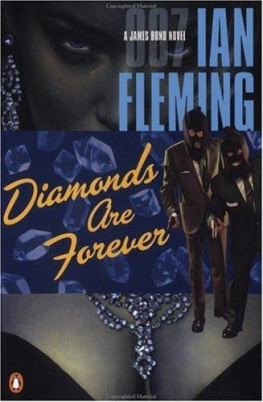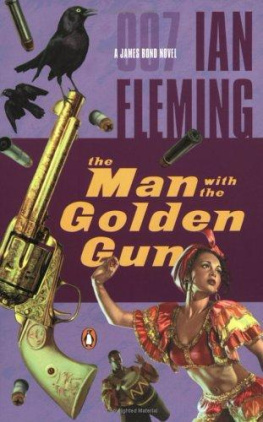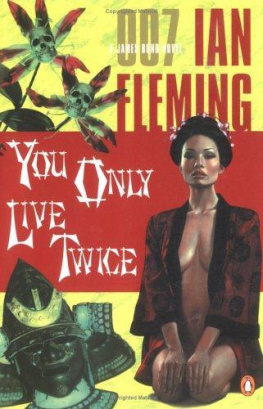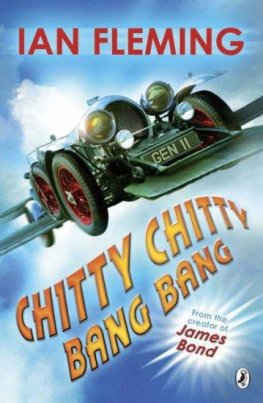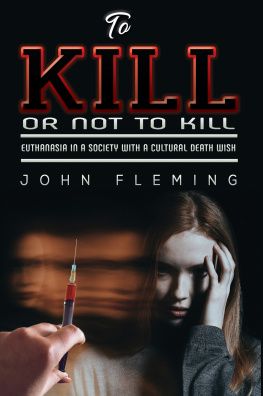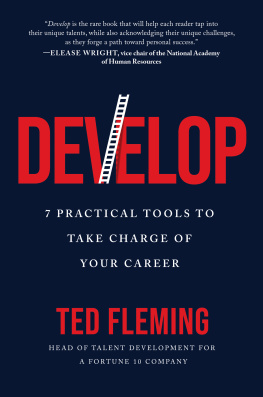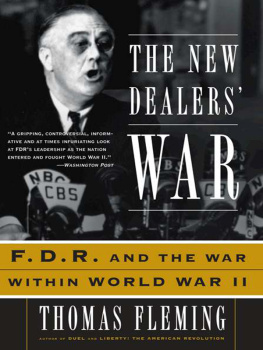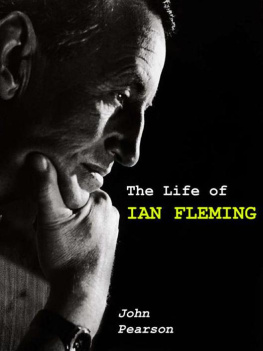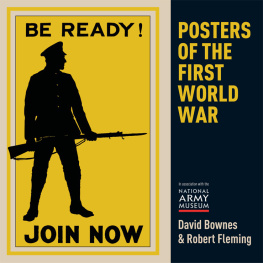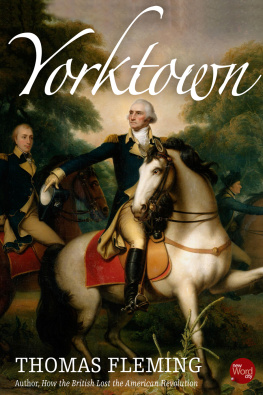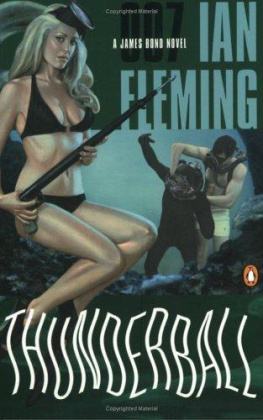Ian Fleming - For Your Eyes Only
Here you can read online Ian Fleming - For Your Eyes Only full text of the book (entire story) in english for free. Download pdf and epub, get meaning, cover and reviews about this ebook. year: 2008, publisher: Penguin Uk, genre: Detective and thriller. Description of the work, (preface) as well as reviews are available. Best literature library LitArk.com created for fans of good reading and offers a wide selection of genres:
Romance novel
Science fiction
Adventure
Detective
Science
History
Home and family
Prose
Art
Politics
Computer
Non-fiction
Religion
Business
Children
Humor
Choose a favorite category and find really read worthwhile books. Enjoy immersion in the world of imagination, feel the emotions of the characters or learn something new for yourself, make an fascinating discovery.
- Book:For Your Eyes Only
- Author:
- Publisher:Penguin Uk
- Genre:
- Year:2008
- Rating:5 / 5
- Favourites:Add to favourites
- Your mark:
- 100
- 1
- 2
- 3
- 4
- 5
For Your Eyes Only: summary, description and annotation
We offer to read an annotation, description, summary or preface (depends on what the author of the book "For Your Eyes Only" wrote himself). If you haven't found the necessary information about the book — write in the comments, we will try to find it.
For Your Eyes Only — read online for free the complete book (whole text) full work
Below is the text of the book, divided by pages. System saving the place of the last page read, allows you to conveniently read the book "For Your Eyes Only" online for free, without having to search again every time where you left off. Put a bookmark, and you can go to the page where you finished reading at any time.
Font size:
Interval:
Bookmark:
Bond 8 - For Your Eyes Only Fleming, Ian
The eyes behind the wide black rubber goggles were cold as flint. In the howling speed-turmoil of a BSA M20 doing seventy, they were the only quiet things in the hurtling flesh and metal. Protected by the glass of the goggles, they stared fixedly ahead from just above the centre of the handlebars, and their dark unwavering focus was that of gun muzzles. Below the goggles, the wind had got into the face through the mouth and had wrenched the lips back into a square grin that showed big tombstone teeth and strips of whitish gum. On both sides of the grin the cheeks had been blown out by the wind into pouches that fluttered slightly. To right and left of the hurtling face under the crash helmet, the black gauntlets, broken-wristed at the controls, looked like the attacking paws of a big animal.
The man was dressed in the uniform of a dispatch-rider in the Royal Corps of Signals, and his machine, painted olive green, was, with certain modifications to the valves and the carburettor and the removal of some of the silencer baffles to give more speed, identical with a standard British Army machine. There was nothing in the man or his equipment to suggest that he was not what he appeared to be, except a fully loaded Luger held by a clip to the top of the petrol tank.
It was seven o'clock on a May morning and the dead straight road through the forest glittered with the tiny luminous mist of spring. On both sides of the road the moss- and flower-carpeted depths between the great oak trees held the theatrical enchantment of the royal forests of Versailles and St Germain. The road was D98, a secondary road serving local traffic in the St Germain area, and the motor-cyclist had just passed beneath the Paris-Mantes autoroute already thundering with commuter traffic for Paris. He was heading north towards St Germain and there was no one else in sight in either direction, except, perhaps half a mile ahead, an almost identical figure - another Royal Corps dispatch-rider. He was a younger, slimmer man and he sat comfortably back on his machine, enjoying the morning and keeping his speed to around forty. He was well on time and it was a beautiful day. He wondered whether to have his eggs fried or scrambled when he got back to HQ around eight.
Five hundred yards, four hundred, three, two, one. The man coming up from behind slowed to fifty. He put his right gauntlet up to his teeth and pulled it off. He stuffed the gauntlet between the buttons of his tunic and reached down and unclipped the gun.
By now he must have been big in the driving-mirror of the young man ahead, for suddenly the young man jerked his head round, surprised to find another dispatch-rider on his run at that time of the morning. He expected that it would be an American or perhaps French military police. It might be anyone from the eight NATO nations that made up the staff of SHAPE, but when he recognized the uniform of the Corps he was astonished and delighted. Who the hell could it be? He raised a cheerful right thumb in recognition and cut his speed to thirty, waiting for the other man to drift up alongside. With one eye on the road ahead and the other on the approaching silhouette in the mirror, he ran through the names of the British riders in the Special Service Transportation Unit at Headquarters Command. Albert, Sid, Wally - might be Wally, same thick build. Good show! He'd be able to pull his leg about that little frog bit in the canteen - Louise, Elise, Lise - what the hell was her name.
The man with the gun had slowed. Now he was fifty yards away. His face, undistorted by the wind, had set into blunt, hard, perhaps Slav lines. A red spark burned behind the black, aimed muzzles of the eyes. Forty yards, thirty. A single magpie flew out of the forest ahead of the young dispatch-rider. It fled clumsily across the road into the bushes behind a Michelin sign that said that St Germain was one kilometre to go. The young man grinned and raised an ironical finger in salute and self-protection - 'One magpie is sorrow'.
Twenty yards behind him the man with the gun took both hands off the handlebars, lifted the Luger, rested it carefully on his left forearm and fired one shot.
The young man's hands whipped off his controls and met across the centre of his backward-arching spine. His machine veered across the road, jumped a narrow ditch and ploughed into a patch of grass and lilies of the valley. There it rose up on its screaming back wheel and slowly crashed backwards on top of its dead rider. The BSA coughed and kicked and tore at the young man's clothes and at the flowers, and then lay quiet.
The killer executed a narrow turn and stopped with his machine pointing back the way he had come. He stamped down the wheel-rest, pulled his machine up on to it and walked in among the wild flowers under the trees. He knelt down beside the dead man and brusquely pulled back an eyelid. Just as roughly he tore the black leather dispatch-case off the corpse and ripped open the buttons of the tunic and removed a battered leather wallet. He wrenched a cheap wrist-watch so sharply off the left wrist that the chrome expanding bracelet snapped in half. He stood up and slung the dispatch-case over his shoulder. While he stowed the wallet and the watch away in his tunic pocket he listened. There were only forest sounds and the slow tick of hot metal from the crashed BSA. The killer retraced his steps to the road. He walked slowly, scuffing leaves over the tyre marks in the soft earth and moss. He took extra trouble over the deep scars in the ditch and the grass verge, and then stood beside his motor-cycle and looked back towards the lily of the valley patch. Not bad! Probably only the police dogs would get it, and, with ten miles of road to cover, they would be hours, perhaps days - plenty long enough. The main thing in these jobs was to have enough safety margin. He could have shot the man at forty yards, but he had preferred to get to twenty. And taking the watch and the wallet had been nice touches - pro touches.
Pleased with himself, the man heaved his machine off its rest, vaulted smartly into the saddle and kicked down on the starter. Slowly, so as not to show skid marks, he accelerated away back down the road and in a minute or so he was doing seventy again and the wind had redrawn the empty turnip grin across his face.
Around the scene of the killing, the forest, which had held its breath while it was done, slowly began to breathe again.
James Bond had his first drink of the evening at Fouquet's. It was not a solid drink. One cannot drink seriously in French cafs. Out of doors on a pavement in the sun is no place for vodka or whisky or gin. A fine I'eau is fairly serious, but it intoxicates without tasting very good. A quart de champagne or a champagne I'orange is all right before luncheon, but in the evening one quart leads to another quart and a bottle of indifferent champagne is a bad foundation for the night. Pernod is possible, but it should be drunk in company, and anyway Bond had never liked the stuff because its liquorice taste reminded him of his childhood. No, in cafes you have to drink the least offensive of the musical comedy drinks that go with them, and Bond always had the same thing - an Americano - Bitter Campari, Cinzano, a large slice of lemon peel and soda. For the soda he always stipulated Perrier, for in his opinion expensive soda water was the cheapest way to improve a poor drink.
When Bond was in Paris he invariably stuck to the same addresses. He stayed at the Terminus Nord, because he liked station hotels and because this was the least pretentious and most anonymous of them. He had luncheon at the Caf de la Paix, the Rotonde or the Dme, because the food was good enough and it amused him to watch the people. If he wanted a solid drink he had it at Harry's Bar, both because of the solidity of the drinks and because, on his first ignorant visit to Paris at the age of sixteen, he had done what Harry's advertisement in the Continental Daily Mail had told him to do and had said to his taxi-driver 'Sank Roo Doe Noo'. That had started one of the memorable evenings of his life, culminating in the loss, almost simultaneous, of his virginity and his notecase. For dinner, Bond went to one of the great restaurants - Vfour, the Caneton, Lucas-Carton or the Cochon d'Or. These he considered, whatever Michelin might say about the Tour d'Argent, Maxims and the like, to have somehow avoided the tarnish of the expense account and the dollar. Anyway, he preferred their cooking. After dinner he generally went to the Place Pigalle to see what would happen to him. When, as usual, nothing did, he would walk home across Paris to the Gare du Nord and go to bed.
Font size:
Interval:
Bookmark:
Similar books «For Your Eyes Only»
Look at similar books to For Your Eyes Only. We have selected literature similar in name and meaning in the hope of providing readers with more options to find new, interesting, not yet read works.
Discussion, reviews of the book For Your Eyes Only and just readers' own opinions. Leave your comments, write what you think about the work, its meaning or the main characters. Specify what exactly you liked and what you didn't like, and why you think so.

